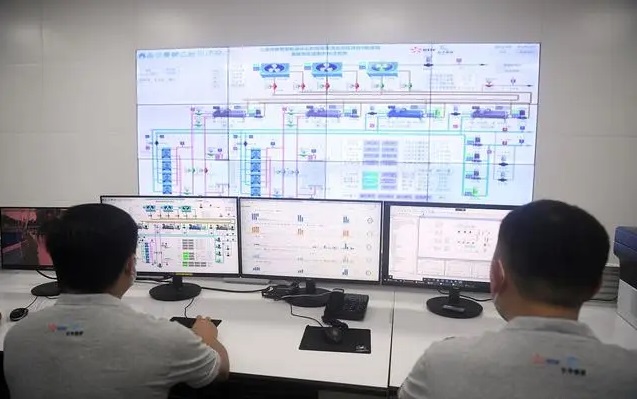The core advantages of DCS control systems include high reliability, rich functions, easy maintenance and expansion.

The specific advantages of the DCS control system are as follows:
High reliability: The DCS system adopts redundant design, fault-tolerant technology and high-reliability hardware to ensure the stability and reliability of the system. Even if some equipment or networks fail, the system can maintain normal operation and reduce the risk of production interruption.
Rich functions: The DCS system integrates multiple technologies such as computers, signal processing, communication networks, and human-machine interfaces to meet the needs of complex industrial process control. Through centralized monitoring and operation, managers can globally control the entire production process and improve management efficiency.
Easy to maintain and expand: The DCS system adopts a modular design and can be flexibly configured and expanded according to production needs. At the same time, the system has a self-diagnosis function, which can detect and report faults in time, reducing maintenance difficulty and cost.
Flexibility and adaptability: The DCS system has good adaptability and flexibility, can adapt to the production needs of different industries and different scales, and can be flexibly adjusted according to changes in production processes.
Powerful data processing capabilities: The DCS system can collect and process a large amount of production data in real time, providing strong support for production optimization and decision support.
Friendly human-machine interface: The DCS system provides an intuitive and easy-to-use human-machine interface, allowing operators to easily view production data, adjust control parameters, and perform fault diagnosis.
In summary, the DCS control system has become an indispensable control solution in the field of industrial automation with its high reliability, rich functions, easy maintenance, flexible adaptability, and powerful data processing capabilities.


